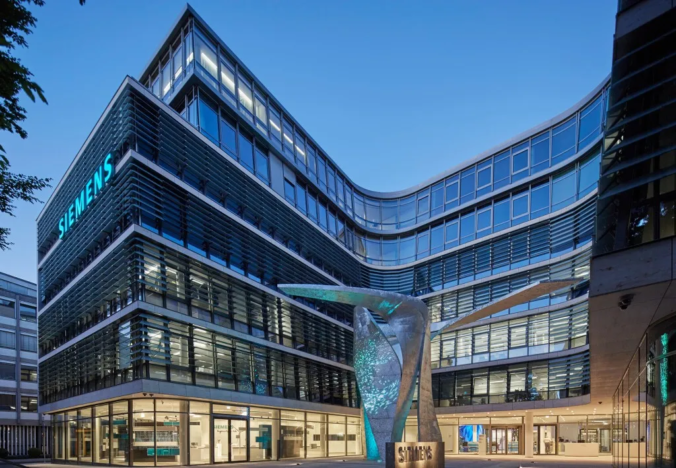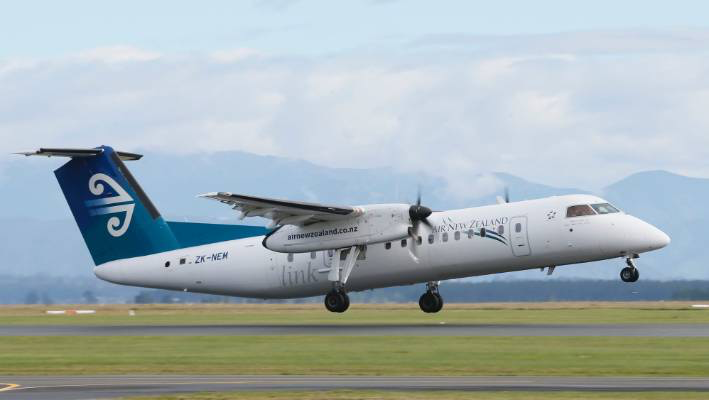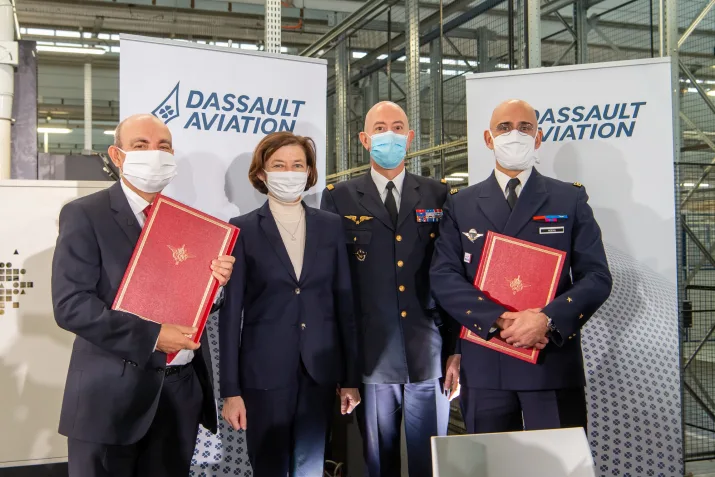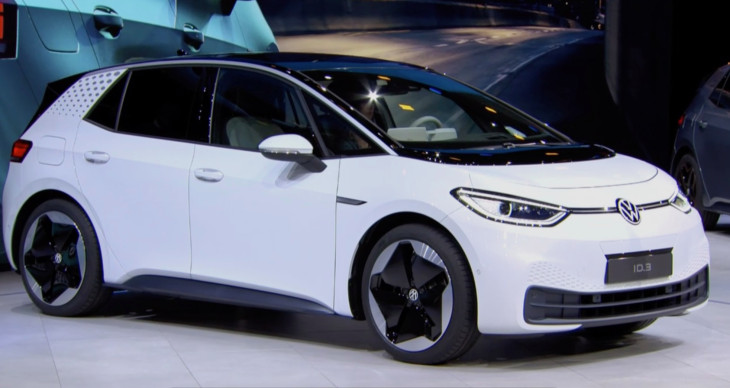HEINEKEN, the world’s most international brewer, has selected Siemens as a partner for its global Net Zero Production roadmap, as part of HEINEKEN’s ambitions to reach net zero in Scopes 1 and 2 across all production sites by 2030.*
Siemens and HEINEKEN will work together on a long-term decarbonization program which will see Siemens implementing solutions and services from its Siemens Xcelerator portfolio, to reduce energy usage at more than 15 HEINEKEN beer and malt production sites, spanning facilities across Asia-Pacific, the Americas and Europe. Additional sites will be added in a second phase.
HEINEKEN and Siemens collaborated on an initial project of consulting, auditing, and advisory services, using an energy digital twin to simulate and analyze a typical HEINEKEN brewery in the virtual world, identifying where significant energy savings could be made. The simulation showed approximately 70 percent of energy use was linked to the generation of heating and cooling necessary for the brewing process. By optimizing and monitoring these cooling and heating systems through an end-to-end program, Siemens estimates energy savings of between 15-20 percent at each site, and an average CO2 reduction of 50 percent at each site.




